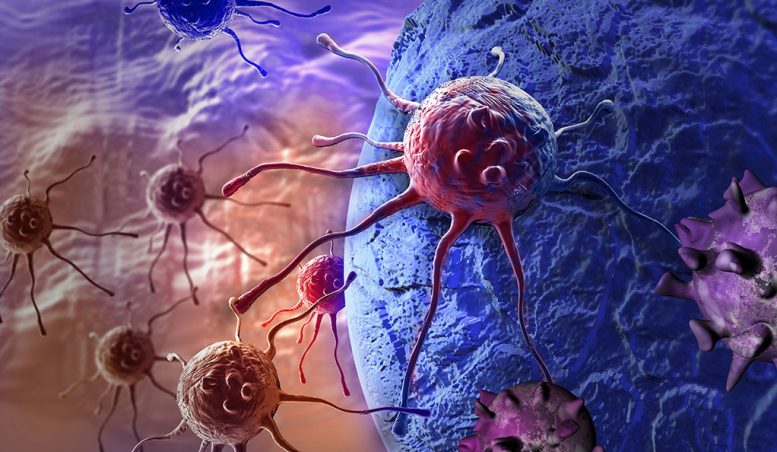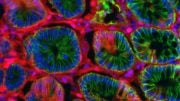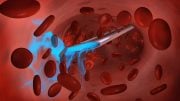Obesity, which is on the rise worldwide, has been linked to colon cancer but the mechanism has been a mystery. In a new study, Yale researchers and their co-authors have uncovered how obesity drives tumor growth in mice, revealing potential strategies to combat the disease.
Led by assistant professor Rachel Perry, the research team studied mice with either implanted tumors or a genetic model of colon cancer. The researchers first examined the effects of a high-fat diet on the mice. Then they gave the mice one of two medications: either a drug that burns fat in the liver by acting as a controlled-release mitochondrial protonophore (CRMP), or metformin, the most commonly prescribed drug for diabetes worldwide.
The research team found that high levels of insulin was the link between obesity and colon cancer, Perry said. Insulin increases the uptake of glucose in tumors, driving tumor growth. The researchers also discovered that both drugs reduced insulin levels and slowed tumor growth in the mice.
“This study is the first to prove that high insulin levels resulting from obesity drive colon cancer by increasing glucose uptake in these models,” said Perry. While further research is needed to confirm if the findings apply to humans, the implication is that insulin-reducing therapies — either metformin, CRMP, or even exercise — could help slow or prevent colon cancer.
Reference: “Uncoupling Hepatic Oxidative Phosphorylation Reduces Tumor Growth in Two Murine Models of Colon Cancer” by Yongliang Wang, Ali R. Nasiri, William E. Damsky, Curtis J. Perry, Xian-Man Zhang, Aviva Rabin-Court, Michael N. Pollak, Gerald I. Shulman and Rachel J. Perry, 3 July 2018, Cell Reports.
DOI: 10.1016/j.celrep.2018.06.008










Be the first to comment on "Scientists Discover How Obesity Drives Colon Cancer in Mice"